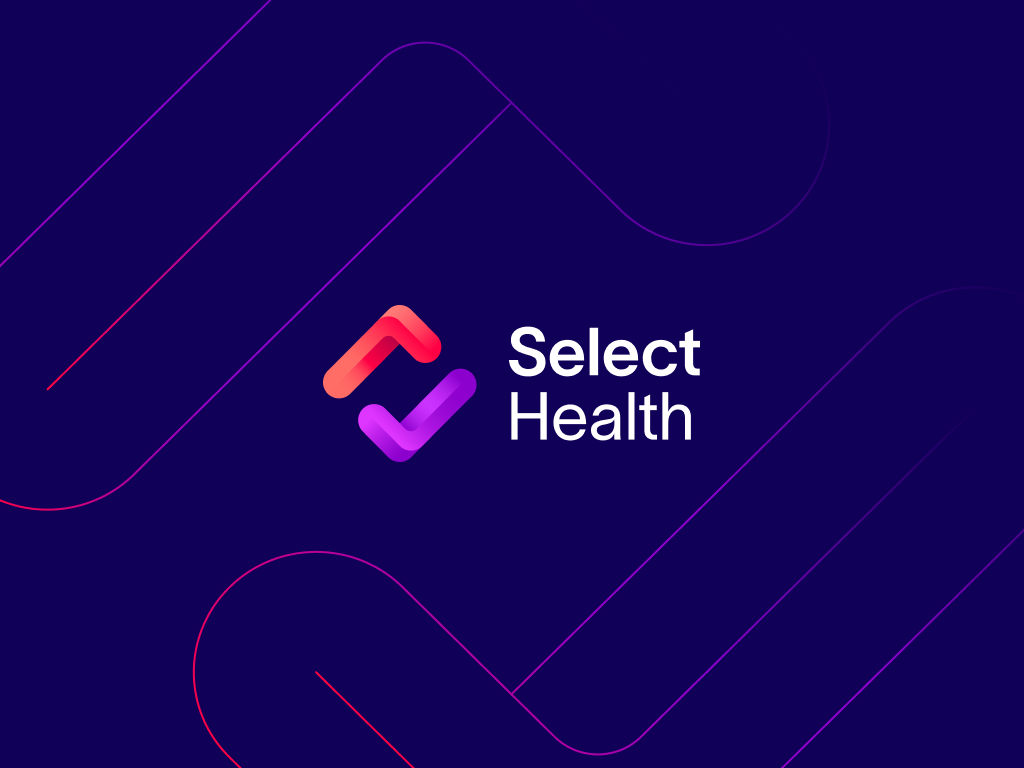Preventive care is a crucial aspect of your overall health and well-being. Preventing certain illnesses and diseases can help you maintain a higher level of health and avoid the side effects and problems that come with preventable health conditions.
One way to keep up with preventive care is to make sure you are current with all recommended health screenings. Understanding what health screenings are and their importance in all stages of life can help you take better care of yourself.
WHAT ARE HEALTH SCREENINGS?
Health screenings are medical tests that look for signs of diseases before symptoms present. Some screenings are performed by your doctor in the office, while others require specialized equipment and technicians, so they are performed in hospitals or other clinic settings. Some of the most commonly performed health screenings include those that look for signs of:
• Cancer (Breast and cervical in women, prostate in men, colorectal and skin in men and women)
• Diabetes
• High cholesterol
• High blood pressure
• Osteoporosis
• Obesity
When developing health screenings, healthcare providers determine the conditions that are being screened for is common enough to justify routine checks and can significantly impact a person’s life expectancy and quality of life.
Providers also perform screenings for conditions that have treatment options, particularly those that are most effectively treated with an early diagnosis. A health screening should also be fairly simple to perform and affordable to the average patient.
THE IMPORTANCE OF REGULAR SCREENING
The purpose behind health screenings is to look for signs of diseases and illnesses as early possible. By the time someone experiences symptoms of a particular ailment, the progression may be further along, making that health condition more difficult to treat. By undergoing regular health screenings, you can feel confident that your health is good, and you can continue to participate in your favorite activities.
If you visit the doctor regularly, you probably have certain screenings performed regularly. When you get on the scale, your doctor is checking to determine whether you are at a healthy weight. Because your weight can be a risk factor for other health conditions, getting on the scale at a doctor’s visit is considered a health screening. Having your blood pressure checked is another example of a routine health screening. It allows your doctor to make sure you’re not exhibiting signs of high blood pressure, which can increase your risk of cardiovascular disease and other health conditions.
WHAT HEALTH SCREENINGS ARE RECOMMENDED FOR ME?
Your doctor will recommend health screenings based on key factors such as age, family, history, risk factors, and sex. Your doctor will outline which screenings they recommend based on the information they have about you and your overall health.
Breast cancer screening is often recommended to begin at age 40, unless you have other risk factors or a family history of breast cancer. Cervical cancer screening is recommended every three years beginning at age 25. Cholesterol screening is recommended annually in most cases, while diabetes screening is recommended starting at age 20. If you have diabetes in your family history or have other risk factors, your doctor may order a fasting blood sugar test earlier.
By undergoing regular health screenings, you can find out whether you might have any health conditions before you experience symptoms. An important element of preventive care includes getting sufficient information to help make informed decisions. Doing so will allow you to get any necessary treatment as early as possible.
Related Articles

